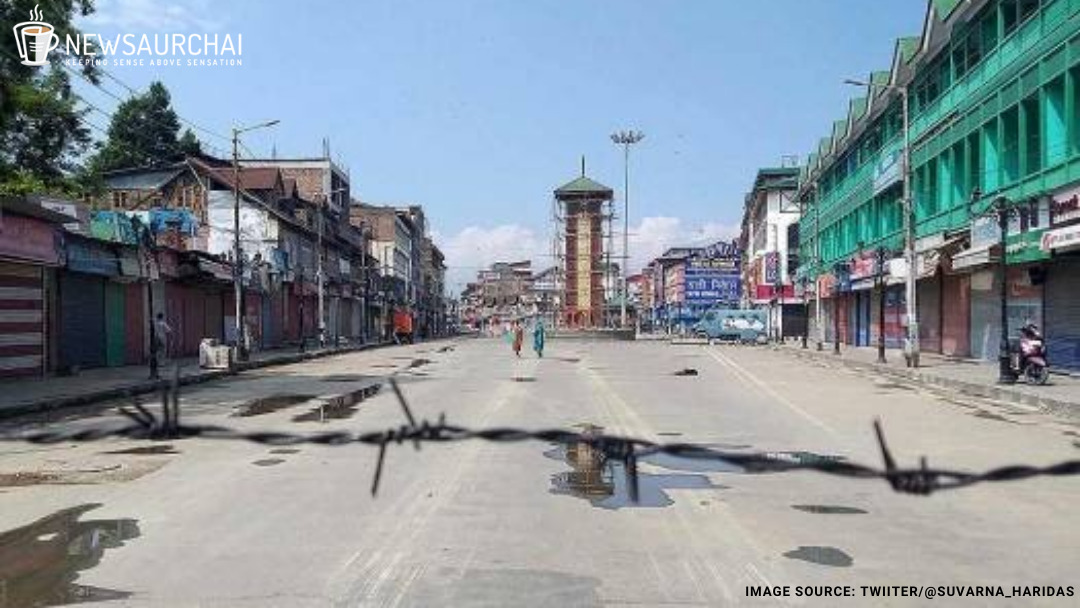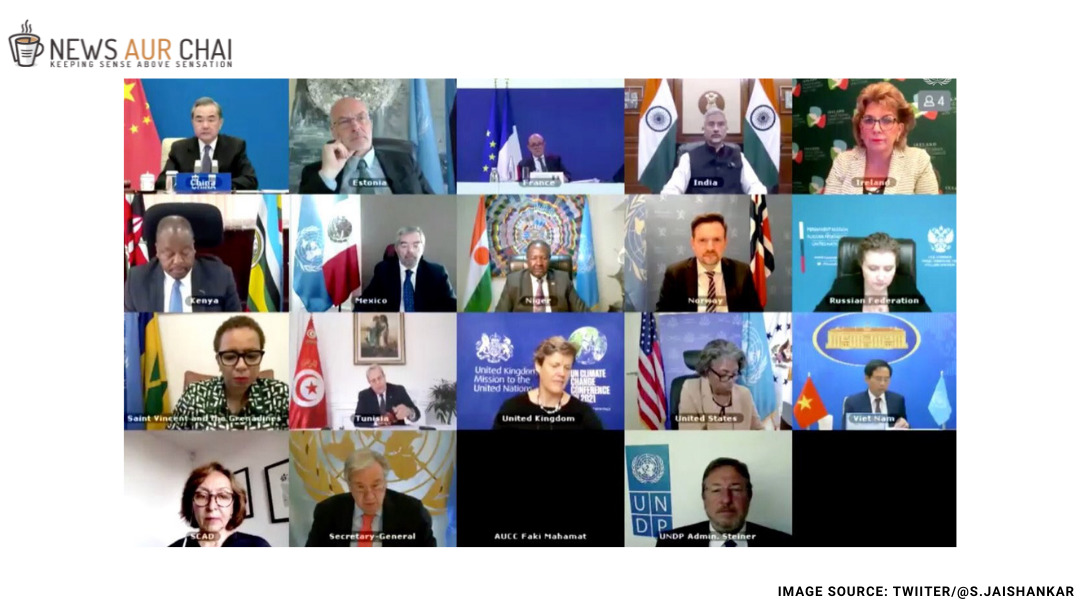
Many districts in Madhya Pradesh were hit by heavy flooding on August 3, 2021, due to an unparalleled 800mm rainfall in the past 24 hours. One thousand seven hundred and seventy-one villages are affected due to heavy floods.
Heavy flooding in Sheopur, Madhya Pradesh, has affected more than a lack of people who have been stuck in the local river. There was a complete power cut, and the mobile network had been cut off since August 2, 2021. The everyday life of people living in the Niwadi and Tikamgarh districts has stopped due to heavy rainfall. The severe rain has been in Guna, Shivpuri, Sheopur, Morena, Datia, Gwalior and Chambal regions. The rivers like Chambal, Kwari, Sindh, Kuno, and Seep have overflowed above the danger mark. The bridge collapsed on river Sindh, near Ratanpur village as the water released from Harsi and Manikheda dams. Double-storey buildings of some areas submerged.
According to locals, the mobile phones of all the authorities, newspaper offices and local TV channels had ceased. There was a power cut in the city. Rail services in the areas like Shivpuri and Gwalior are affected too. A 50-year-old Nurse, identified as Sumanlata Joshi, was electrocuted in Shivpuri town as an electric current ran into her flooded house in the Kamlaganj area.
As per officials, three advanced light helicopters and a Russian-made Mi-17 chopper have been sent for rescue operations from the Indian Air Force station. Seven teams of the SDRF are posted in the Shivpuri district for rescue operations. The SDRF has deployed five and two of its units in the communities like Sheopur and Datia. One thousand six hundred people were saved by NDRF and SDRF teams, yet 200 villages are still stuck in the flooded areas.
The chief minister of Madhya Pradesh, Shivraj Singh Chouhan, said the speed of rain has reduced and there will be no terrible rains. They are trying to provide relief and evacuate the people in the affected areas as soon as possible.
The chief minister chaired an emergency meeting in Bhopal on the flood situation of the Gwalior-Chambal region. Chief Minister Shivraj Singh Chouhan tweeted about Prime Minister Narendra Modi, assuring that the Centre will be providing all the help to Madhya Pradesh. The Chief Minister also said that he is very grateful to the Prime Minister for all the cooperation.
The Chief Minister said he held a meeting where he discussed the flood situation in Madhya Pradesh with the prime minister. The Chief Minister, too, discussed help from the Indian Army in the flood-hit areas. Also, they are informing Prime Minister Modi about the rescue operation in those areas. Mr Chouhan said they had shifted four troops of the Army in most flood-affected areas to evacuate more flood-affected people. The SDRF team is handling the situation very well. Ministers are monitoring the status of the problem.
Union Minister Amit Shah Tweeted discussed the situation of Madhya Pradesh with CM Shivraj Singh Chouhan. The central government will provide all the help to the state. In this challenging situation, their government is standing with the people of the state.





